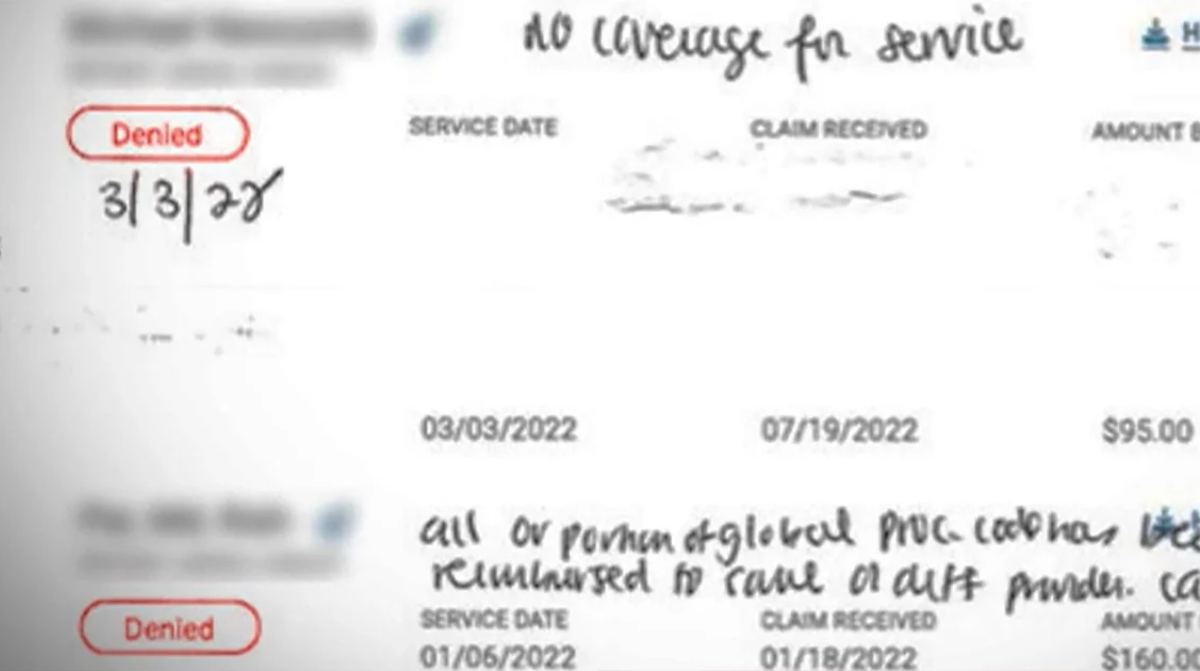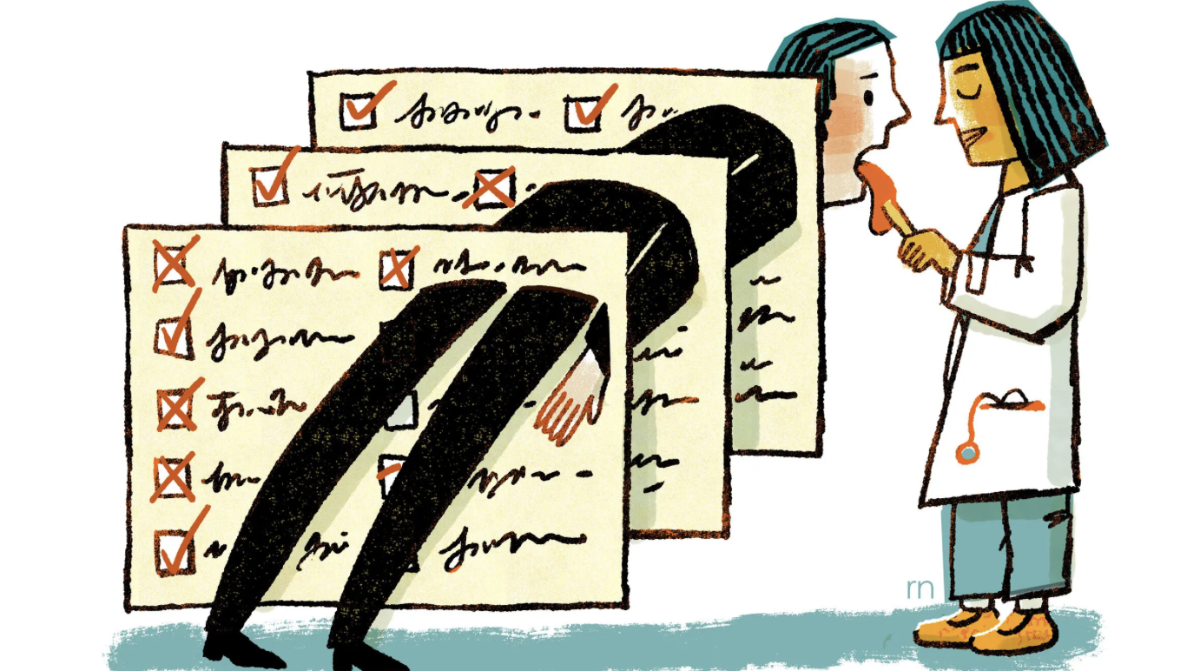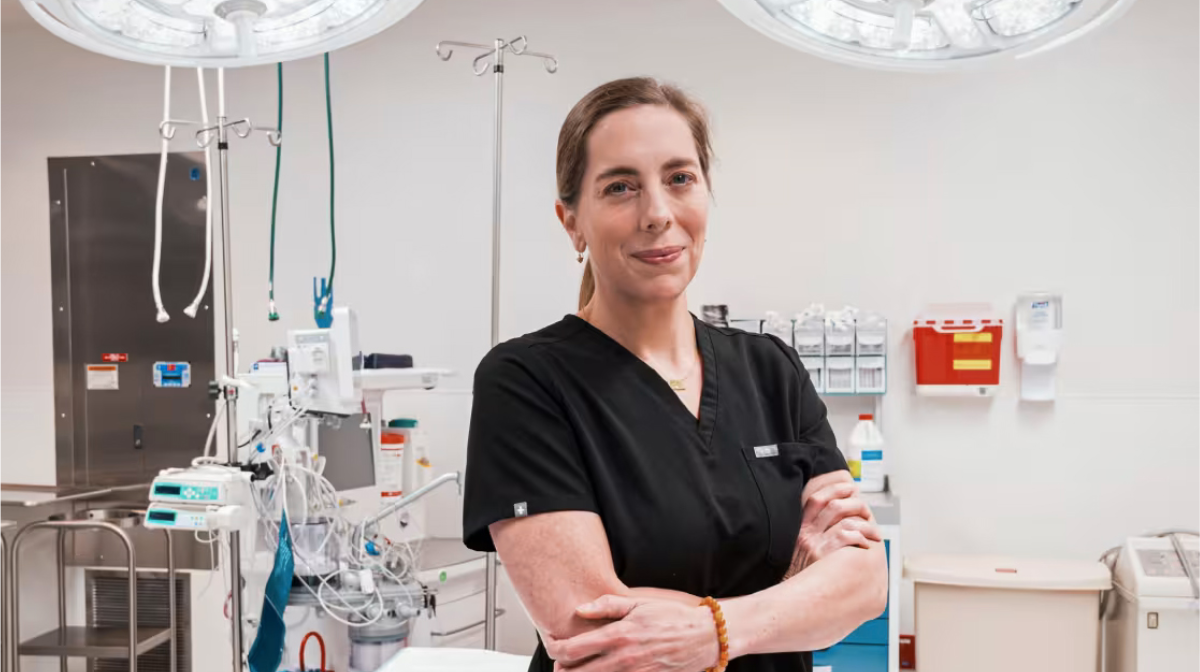Denied. STAT.
There is one immense barrier standing between patients and their healthcare provider – commercial healthcare insurers.
The time for outrage is over.
The time for action is now.
Your Pain,
Their Gain
Get
Informed

State of denial: How insurance companies impact health care today
CBS News

After Series of Denials, His Insurer Approved Doctor-Recommended Cancer Care. It Was Too Late.
KFF Health News

The Health Insurance Prior Authorization Memo That You Helped Write
The New York Times

Grandfather’s fight for coverage of spinal surgery
NBC News

Texas surgeon says UnitedHealthcare dispute may force her into bankruptcy
NBC News
Demand
Answers
Raise Your
Voice
Contact your elected state and federal representatives to express your support for your local hospital.
Don’t know what to say?
To help you get started, below are some helpful talking points you can personalize to express your concern.
Dear [Elected Official’s Name],
My local hospital [name] plays a vital role in providing essential medical services to our local neighborhoods. It is the primary healthcare resource for me and my family. I’m concerned [hospital name] faces significant challenges that threaten its sustainability and the health and well-being of our community.
As your constituent, I urge you to support and protect [hospital name] and other local hospitals and ensure accessible healthcare for all Americans.
I’m confident your leadership and dedication to the well-being of our constituents will drive positive change on this critical issue. I hope you will prioritize this matter and work toward enacting legislation and policies to safeguard local hospitals and prevent healthcare deserts.
Thank you for your attention to this urgent matter.
Sincerely,
[Your Name] [Your Address] [City, State, ZIP Code] [Email Address] [Phone Number]
Brought to you by
The Alliance for Access to Care
The Alliance for Access to Care supports healthcare professionals who provide essential medical services 24/7 to patients in our local communities. Alliance members include the American Hospital Association, Association of American Medical Colleges, Catholic Health Association, Healthcare Financial Management Association, and other health care providers and patient advocacy groups.
Visit us:
Click to share:
scroll

